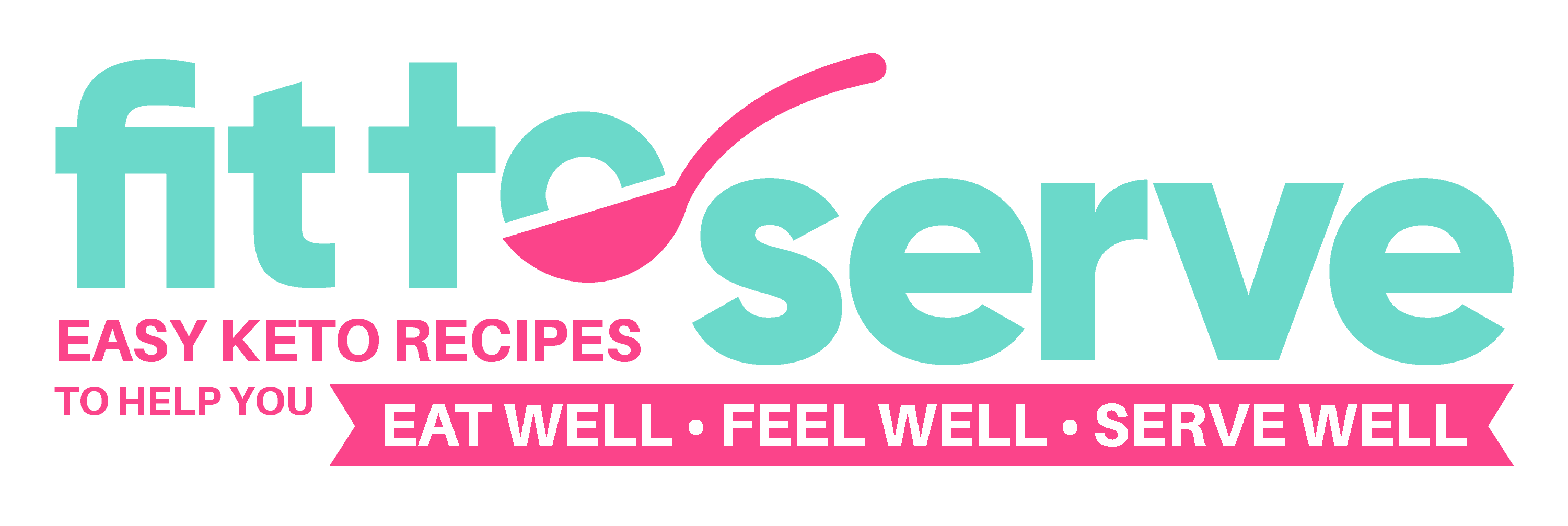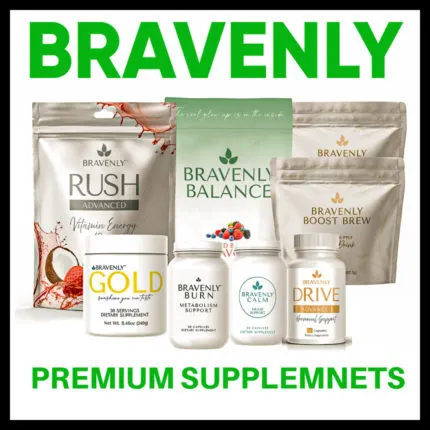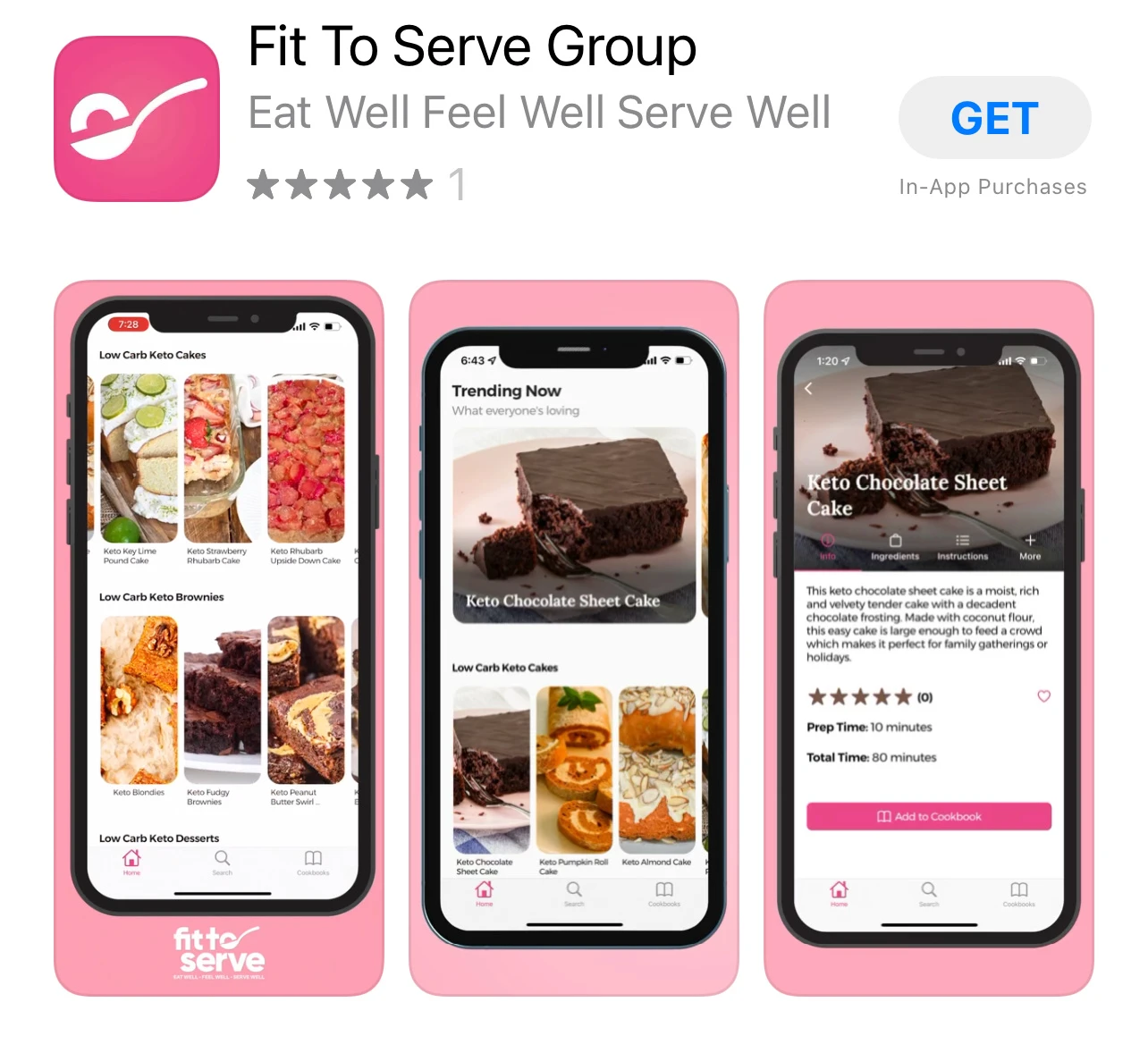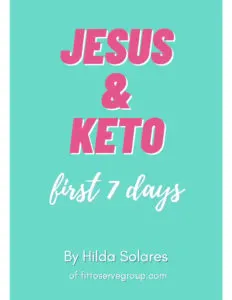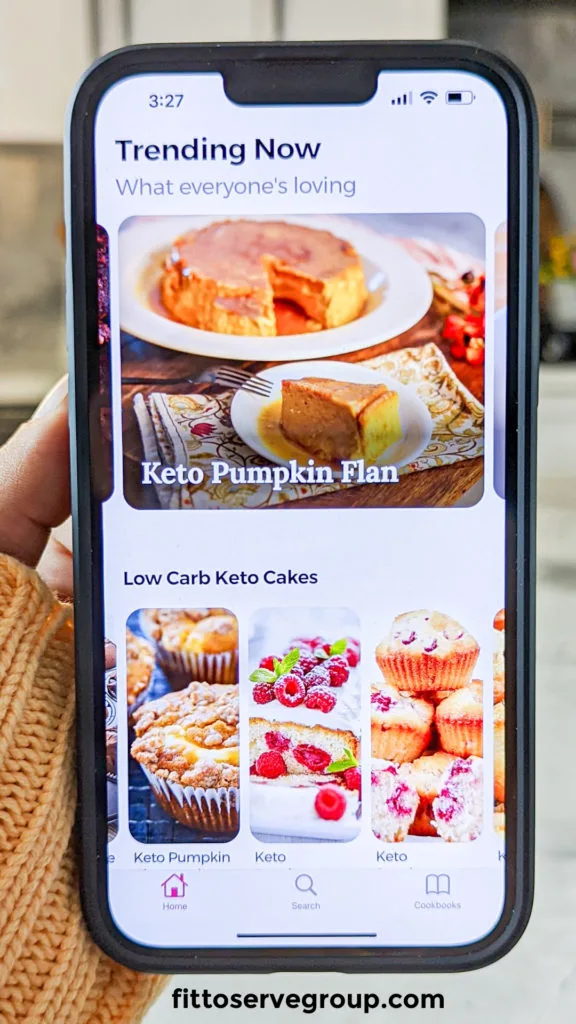If you’re a vegetarian who wants to do keto, it’s vital that you learn what the top keto vegetarian protein sources are before you attempt to do a ketogenic diet.
Obtaining adequate amounts of protein as a vegetarian will ensure you do not deny your body this vital macronutrient.
As a vegetarian doing keto, you’ll need to be especially vigilant since not all vegetarian sources of protein are low enough in carbs to be considered keto-friendly.
Learning what the top vegetarian keto protein sources are will ensure you are doing things correctly.
For a complete list of foods you can have while doing keto as a vegetarian, we invite you to check out our Vegetarian Keto Diet Guide.
And don’t forget to visit our Vegetarian Keto Recipes for our top list of recipes that are low in carbs and vegetarian-friendly.
Keto Vegetarian Protein Sources

The keto diet has seen a dramatic increase in popularity. In fact, it has become the number-one diet since 2018 and even soared above the Mediterranean diet.
Many people are turning to the ketogenic diet as a solution for weight loss, insulin resistance, and reducing inflammation markers.
This includes the vegetarian community, as they, too, are finding that the ketogenic diet can improve their health.
The question is, though, if vegetarians can do keto and still get their protein from vegetarian-friendly sources.
And are there enough vegetarian keto protein options to make the diet sustainable?
Since most vegetarians get their protein from beans and grains, both of which are high in carbs, it’s reasonable to wonder if being a keto vegetarian is actually even possible.
It should be noted that a ketogenic diet is generally 70% fat, 20% protein, and only 10% carbohydrates. The goal is that carb intake be low enough to induce ketosis.
Because the majority of people doing keto get their protein from animal sources, it’s understandable to think that it would be difficult to do vegetarian keto.
In this post, I am going to share with you seven keto vegetarian protein sources that will help reassure you it is possible to do the keto diet as a vegetarian long enough to see the benefits.
Can A Keto Vegetarian Get Enough Protein?
We know that it is well documented that vegetarians seem to struggle to get enough protein in their diet.
But why is there an assumption that vegetarians do not get enough protein? Part of this is tied to the idea that meat is the primary source of protein for most Americans.
The fact is that most vegetarians are usually not deficient in protein. The truth is that a vegetarian diet can include bountiful amounts of protein in the form of nuts, beans, and legumes.
The problem is that almost all of the popular vegetarian protein choices are not keto-friendly. Take, for example, the following:
- Peanuts 6.9g of protein per serving, but also 6g of net carbs.
- Pistachios 6g of protein, 8g of net carbs.
- Dry-roasted cashews 4.3g of protein, 4g of net carbs.
- Chickpeas 2.4g of protein, 8g of net carbs.
- Peas 8g of protein, 14 g of net carbs.
- Kidney beans 24g of protein, 35g of net carbs.
- Black beans have 21g of protein and 47g of net carbs.
The average person needs around 50g of protein a day to function optimally. Vegetarians generally meet this requirement easily with the proteins listed above.
However, all of these usual vegetarian havens of protein are off-limits for vegetarian keto. So, what’s the solution?
How do you get enough protein if you’re a vegetarian and want to follow the ketogenic diet? Don’t worry; there is a way.
My first piece of advice is to determine your specific macronutrient ratio as a keto vegetarian.
You can use a calculator to get a more exact idea of your target. This free keto macro calculator takes into account your level of activity and your end goals.
Getting your macros correct is vital if you want to be successful. This is especially important if you’re trying to build muscle because this can influence your recommended macronutrient levels.
With the standard 2,000-calorie diet, a vegetarian on keto should aim for around 100 grams of protein per day.
So where is the vegetarian keto-friendly protein going mainly come from? The following list includes my top recommendations since they are both low in carbs and high in protein.
7 Best Vegetarian Keto Protein Sources
1. Eggs, The Vegetarian Super-food
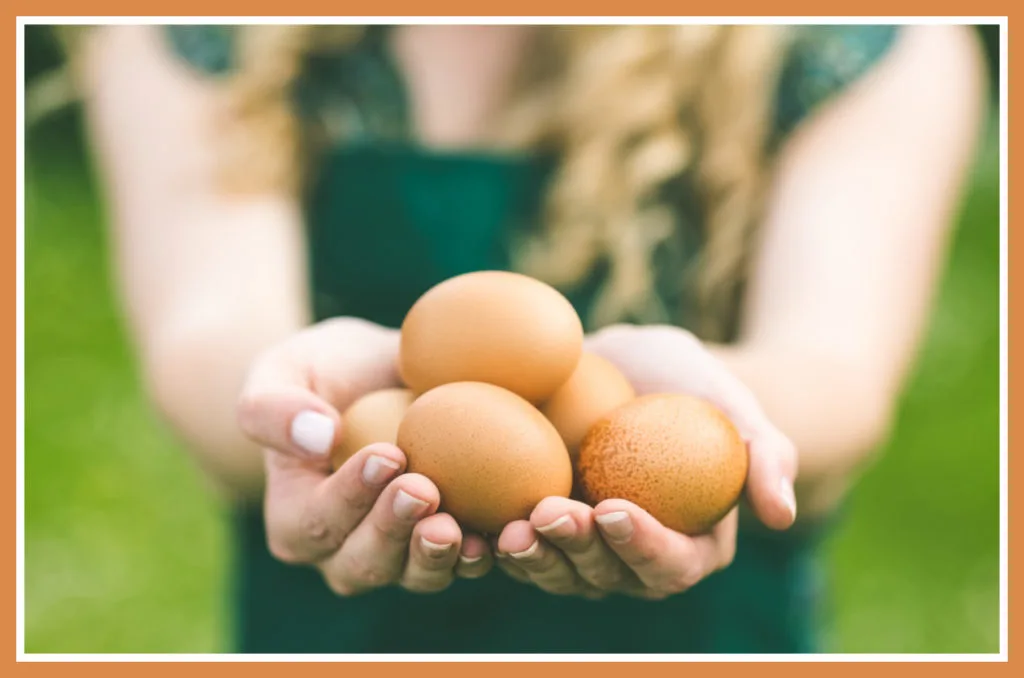
At the top of this list are eggs. Eggs are a prized source of protein for vegetarians, and it’s easy to see why.
One single egg yolk has 4.5g of fat, 0.5g of carbs, and 2.5g of protein, and the egg white has 0g of fat, 0g of carbs, and 4g of protein. It’s easy to see why it’s considered a great complete protein source.
Eggs are a great keto-friendly vegetarian protein source because they are rich in essential amino acids and contain high levels of B vitamins, which help to support a healthy metabolism.
Furthermore, eggs are relatively low in calories, making them an ideal keto vegetarian food choice.
When you total an egg’s macronutrients, the stats are quite impressive, with 4.5g of fat,.5g of carbs, and 6.5g of protein.
And if you cook the eggs in some butter, the macronutrient ratio will be perfect for vegetarian keto.
What’s great about eggs is that they are versatile and can be used in numerous keto vegetarian dishes that are both savory and sweet.
Unfortunately, there is still much controversy about eggs in the plant-based community. The concern is mainly related to how chickens are treated.
My recommendation, if you’re concerned about this, is to find some local farmers that treat their animals the proper way. This way, you can source your eggs from farmers who are humane in their practices.
Or even better, if you’re able, consider getting some chickens of your own.
Disclosure: Some of the links below are affiliate links, meaning, at no additional cost to you, I will earn a commission if you click through and make a purchase.
2. Keto-Friendly Protein Powder
An easy way to ensure you get enough protein as a keto vegetarian is to use protein powders.
I need to point out that not all protein powders are created equal. Therefore, as a vegetarian doing keto, you want to stick with ones that are both low in carbs and made of whey protein.
One simple way to get more protein is to use Isopure zero-carb protein powder. Not only is Isopure vegetarian keto-friendly, but it also tastes great too.
It has 25 g of protein per scoop, has zero carbs, and is made 100% from whey protein, so it is suitable for vegetarians as well.
Isopure is decidedly meant to go into drinks, smoothies, or shakes since it comes in primarily fruity flavors. It also contains a host of other vitamins and nutrients that are helpful for vegetarians.
3. Low Carb Meat Substitutes
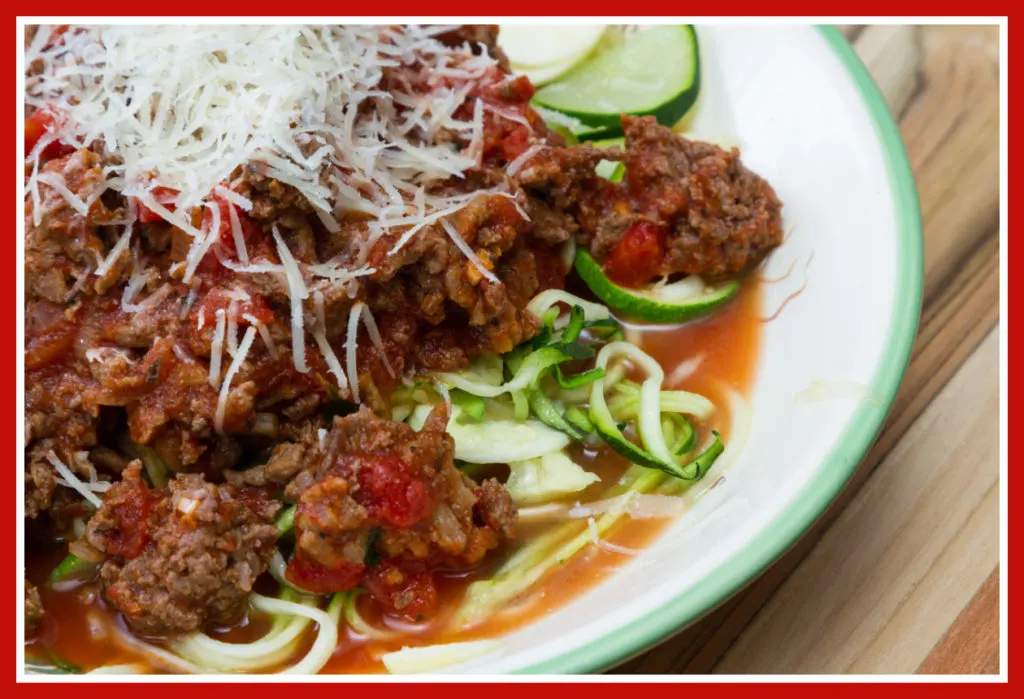
You may wonder if there are enough keto-friendly meat substitutes that can make being a keto vegetarian practical.
Thankfully, many meat substitutes are very low in carbs and high in protein. The following is just a sampling of some vegetarian keto protein sources.
- Tofu (1 oz): 2g net carbs, 4.9g protein
- Tempeh (100g): 9g net carbs, 19g protein
- Seitan (100g): 14g net carbs, 75g protein
- Boca burger (1 patty): 2g net carbs, 13g protein
- Quorn Chik’n Cutlets (1 cutlet): 3g net carbs, 11g protein
- Beyond Meat Vegan Chicken Strips (6 strips): 4g net carbs, 20g protein.
4. Spinach A Great Source Of Protein
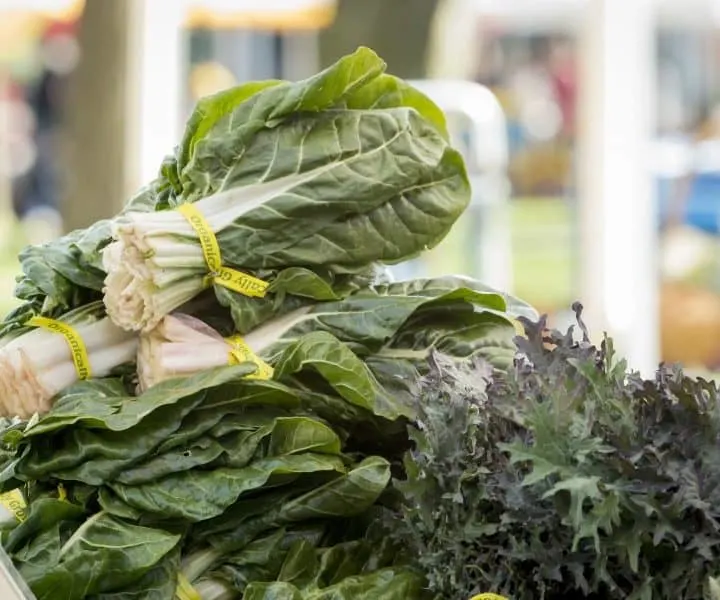
Another easy solution to getting enough protein as a vegetarian doing keto is to include more spinach in your diet.
If you’ve been using iceberg lettuce for salads and the like, switch to raw spinach. Spinach is full of great nutrients, whereas iceberg lettuce barely has any.
This leafy green has about 3g of protein per 100g and only 1g of net carbs.
Not only is it a great source of protein, but it is also low in carbohydrates, making it a wonderful choice for vegetarians who want to do keto.
5. Cheese

In general, it seems like the harder the cheese, the more protein it has. Cheese, in general, tends to have very few carbs, usually none for most cheeses.
For a vegetarian keto diet, the biggest issue is looking to see whether or not animal rennets (intestines) were used in the production of the cheese. Some major cheeses, like parmesan, might not be vegetarian.
The good news is that cheeses don’t need to be made with animal rennet; there are microbial rennets that exist that are cruelty-free and are used by companies like Kraft.
As a side note, if you’re in Europe, anything labeled “Parmigiano-Reggiano” is 100% not vegetarian. For it to receive this label, it uses rennet.
For a list of which specific brands may or may not use animal rennet, I recommend you visit Cheese Joyous Living.
They’ve done a great job of compiling a list of cheeses that will make it easy to see if they meet a vegetarian’s standard.
When it comes to cheeses that use animal rennet, it is primarily the hard cheeses like parmesan and romano that have this problem.
Cheddar, mozzarella, Swiss, and many of your other favorites are likely suitable for vegetarians. These cheeses usually have around 7 g of protein per ounce.
6. Nuts And Seeds
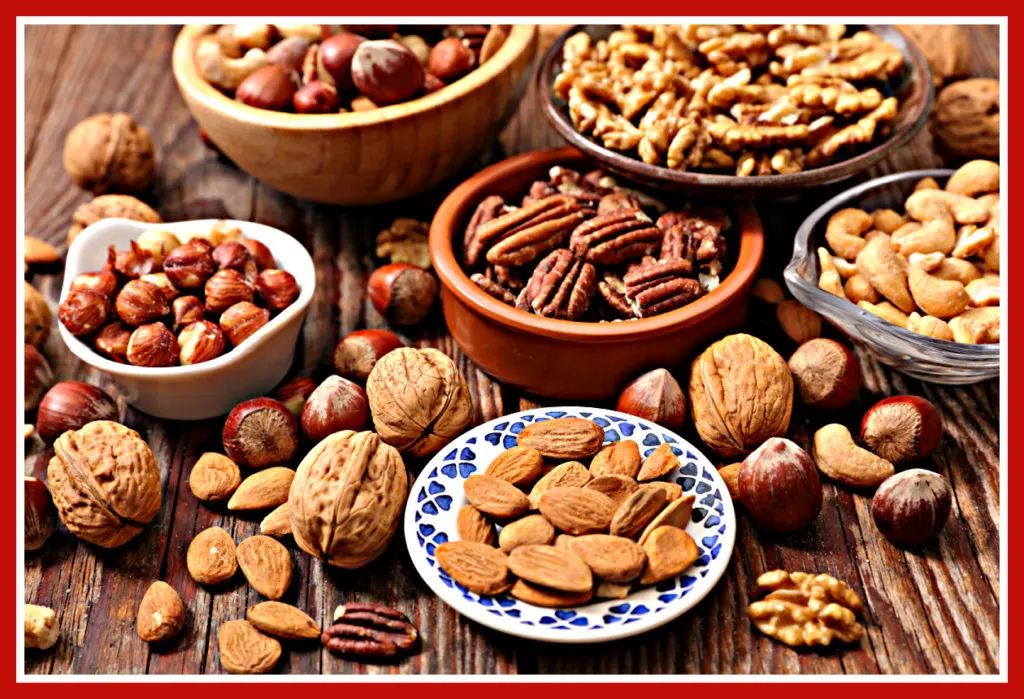
Nuts and seeds can be great keto-friendly vegetarian protein sources since many provide healthy fats, essential fatty acids, B vitamins, and minerals like magnesium, zinc, manganese, iron, and potassium.
Among your choices are almonds, pecans, macadamia nuts, walnuts, chia seeds, and flaxseeds, all of which are keto-approved nut & seed options.
But keep in mind that not all nuts are good choices for keto vegetarians. Why? Besides the fact that some nuts are too high in carbs, they are also easy to overconsume.
You’ll be surprised at what a proper serving of nuts looks like. It’s a quick way to go over your macros. With that in mind, you want to choose nuts that are both low in carbs and high in protein.
My favorites are almonds and macadamia nuts since one serving of almonds has 3 g of net carbs and 6 g of protein, while a serving of macadamia nuts has 1.5 g of net carbs and 2.2 g of protein.
7. Nutritional Yeast
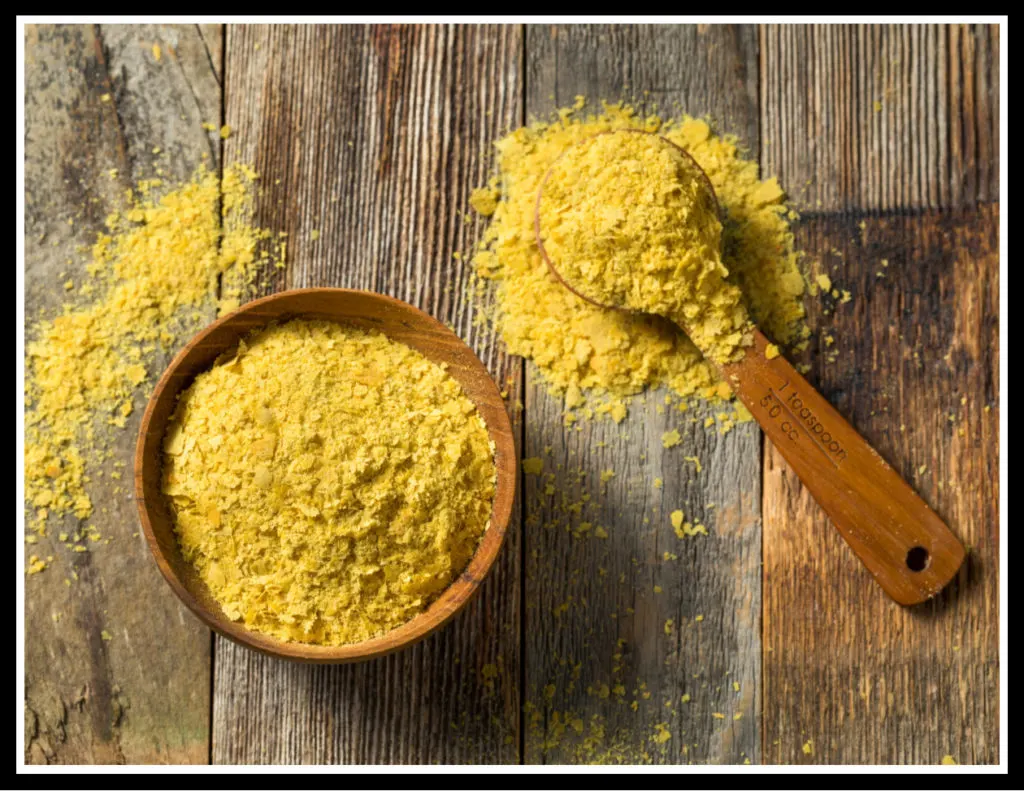
Last on my list of keto vegetarian protein sources is nutritional yeast. It’s a seasoning that is primarily used by vegans to replace things like parmesan cheese.
Nutritional yeast has a nutty yet “cheesy” flavor and can be added to savory meals instead of dry cheese. It’s especially lovely since vegetarians can’t have parmesan cheese since it’s not an approved food.
It has 1 g of net carbs per serving and packs 3 g of protein; it’s an easy way for keto vegetarians to add more protein to their diet.
With these seven vegetarian keto protein options, you should be able to meet your macronutrient ratio as a vegetarian with confidence.
If you’re a vegetarian contemplating the keto diet, I hope you now feel you have all the basic information to get started on keto.
Join Our Jesus And Keto Movement
Looking for an online support system to help you stay on keto? As a family, we came to the keto diet, looking at it from a Christian perspective. As believers, we live our lives supported by God’s grace.
So when the Holy Spirit led us to combine our Christian faith and the keto diet, we did so in hopes of finding lasting transformation.
When we followed the Holy Spirit’s prompting, we got on the path to real transformation.
Knowing firsthand the benefits of this decision, we have created a closed Christian group that is using the keto diet to transform their lives.
We invite you to join our Private Facebook Group and see if it’s not the key you have been missing.
Be sure to request our FREE Jesus and Keto E-Book (First 7 days). We hope it blesses you.
Fittoservegroup Keto App
Looking for a fast way to access our keto recipes? We’ve got you covered. There’s an app for that. Yup, there’s a Fit To Serve Group App, and it’s going to make your keto diet a delicious breeze!
Access hundreds of recipes that are all sugar-free, gluten-free, and keto-friendly.
Enjoy early access to recipes on the website before they go live. Plus, bonus recipes that are exclusive to the app. Make your own personal cookbooks that you can use to organize your favorite recipes.
Search recipes by title, ingredients, keywords, and categories, and of course, every recipe shows complete nutritional facts.
Get the Fit to Serve Group App for easy-to-follow keto recipes made with easy-to-source ingredients.
The app is loaded with hundreds of yummy recipes for breakfast, lunch, dinner, snacks, and even desserts!
Learn more by visiting our Fit To Serve Group App Page.
